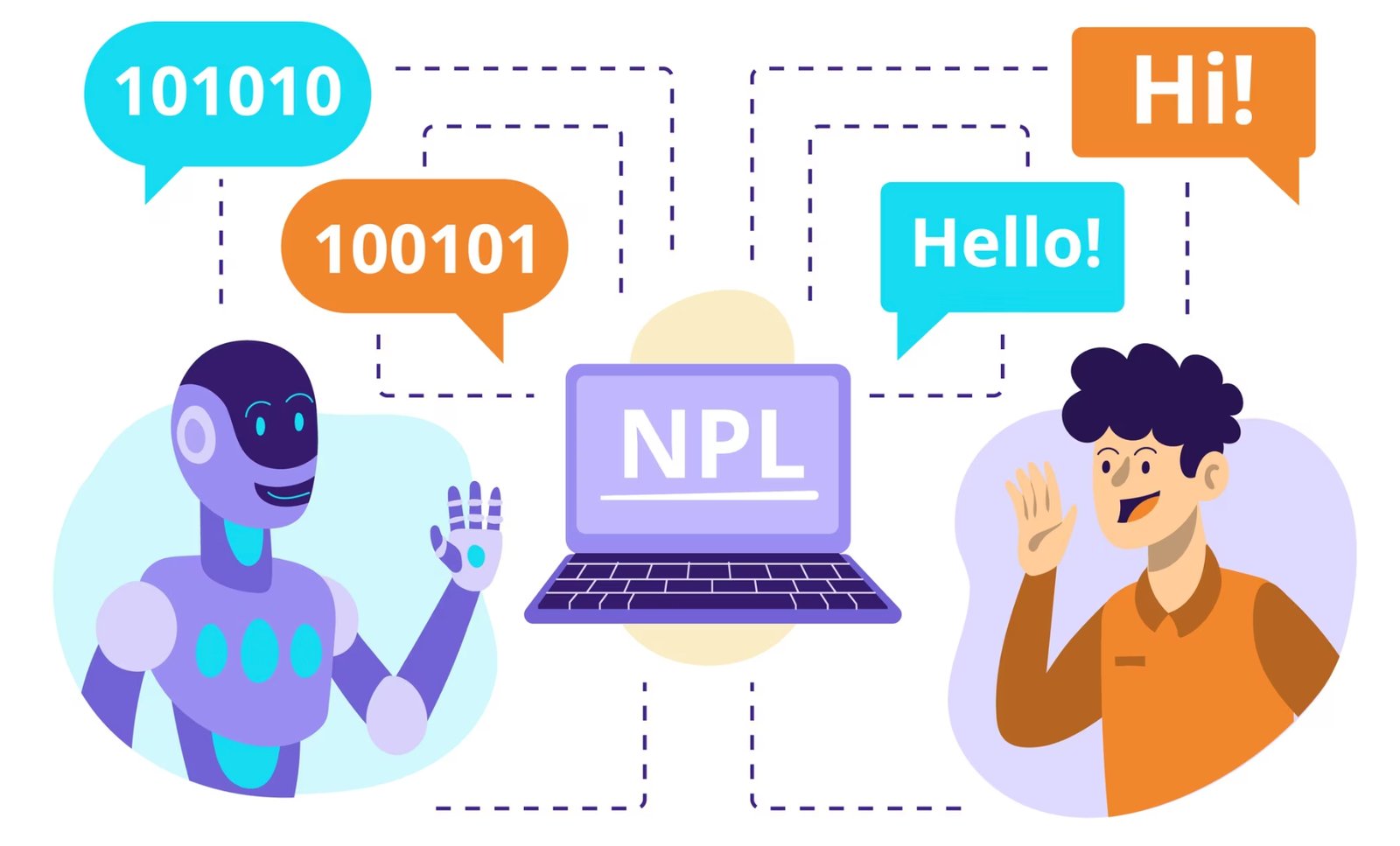
Introduction: Natural Language Processing (NLP) is a branch of Artificial Intelligence (AI) that focuses on enabling machines to understand and interpret human language. With advancements in AI algorithms and computing power, NLP has emerged as a transformative technology with numerous applications across various industries.
- Sentiment Analysis and Opinion Mining: Discuss how AI-powered NLP algorithms can analyze text data, social media feeds, and customer reviews to extract sentiments and opinions. Explore the use of NLP in understanding customer feedback, monitoring brand reputation, and making data-driven business decisions. Highlight how sentiment analysis helps companies gain valuable insights into customer satisfaction, brand perception, and market trends.
- Language Translation and Localization: Explain how AI in NLP has revolutionized language translation and localization. Discuss the use of machine translation algorithms that leverage NLP techniques to automatically translate text from one language to another. Explore how NLP helps overcome language barriers, facilitate global communication, and enable businesses to expand their reach to international markets.
- Chatbots and Virtual Assistants: Address the role of NLP in the development of AI-powered chatbots and virtual assistants. Discuss how NLP algorithms enable machines to understand and respond to user queries in a conversational manner. Explore the applications of chatbots in customer support, information retrieval, and task automation. Highlight how NLP-powered chatbots enhance user experiences and streamline interactions between humans and machines.
- Information Extraction and Text Mining: Discuss how AI in NLP facilitates information extraction and text mining from large volumes of unstructured data. Explore how NLP algorithms can extract entities, relationships, and concepts from documents, articles, and web pages. Showcase how text mining enables businesses to gain valuable insights, perform competitive analysis, and support decision-making processes.
- Voice Recognition and Speech-to-Text Conversion: Explain the advancements in NLP that enable accurate voice recognition and speech-to-text conversion. Discuss the use of NLP algorithms in transforming spoken language into written text, facilitating voice commands, and enabling voice-controlled systems. Showcase how NLP-powered voice recognition enhances user interfaces, accessibility, and hands-free interactions.
- Question Answering Systems: Explore how NLP-based question answering systems have improved information retrieval and knowledge access. Discuss the use of NLP algorithms to understand user questions and provide relevant answers based on available data sources. Highlight the applications of question answering systems in customer support, educational resources, and enterprise knowledge bases.
